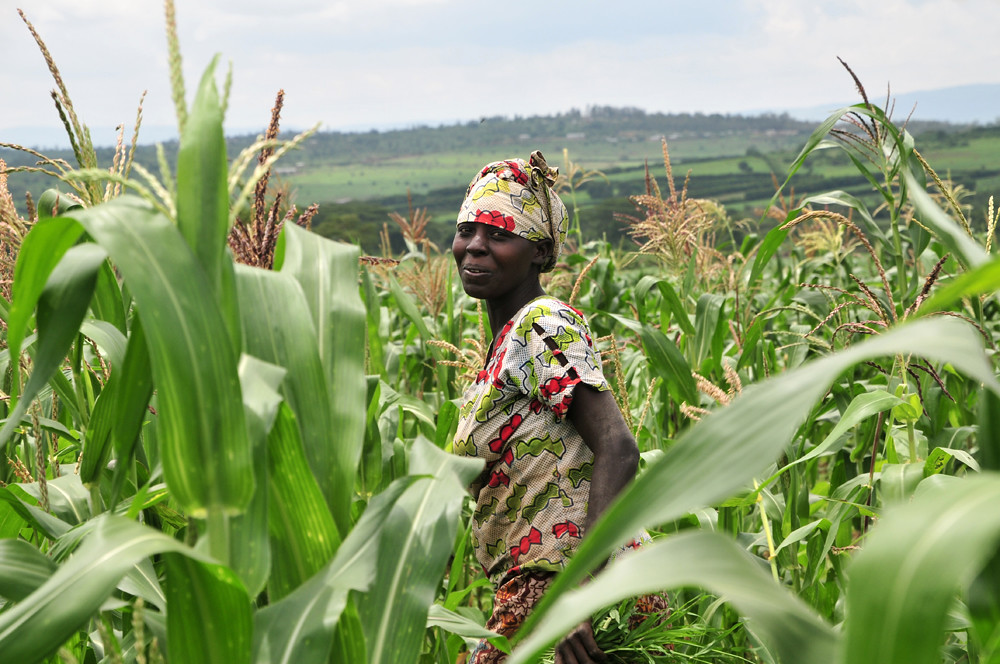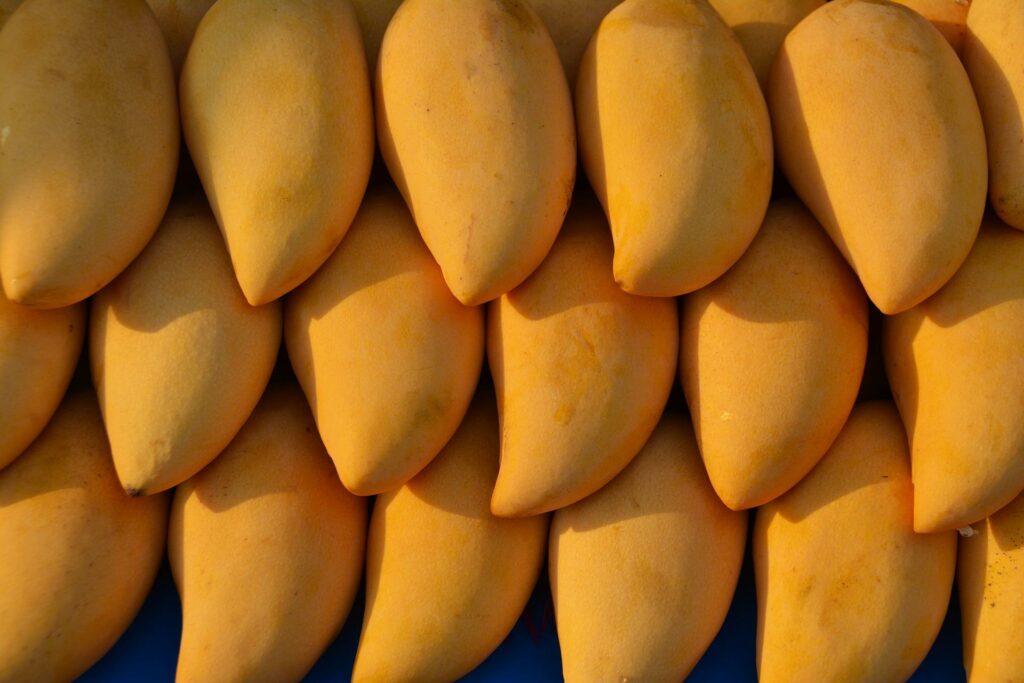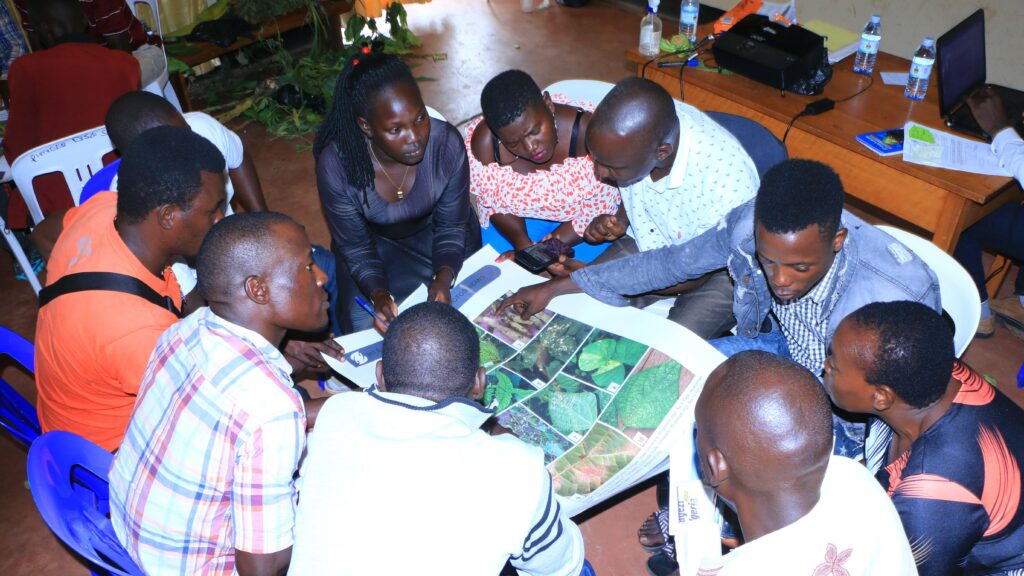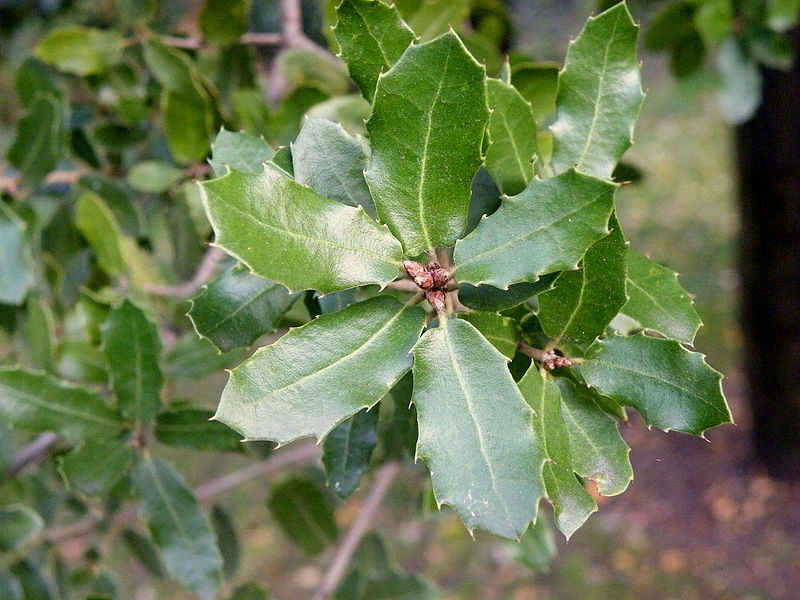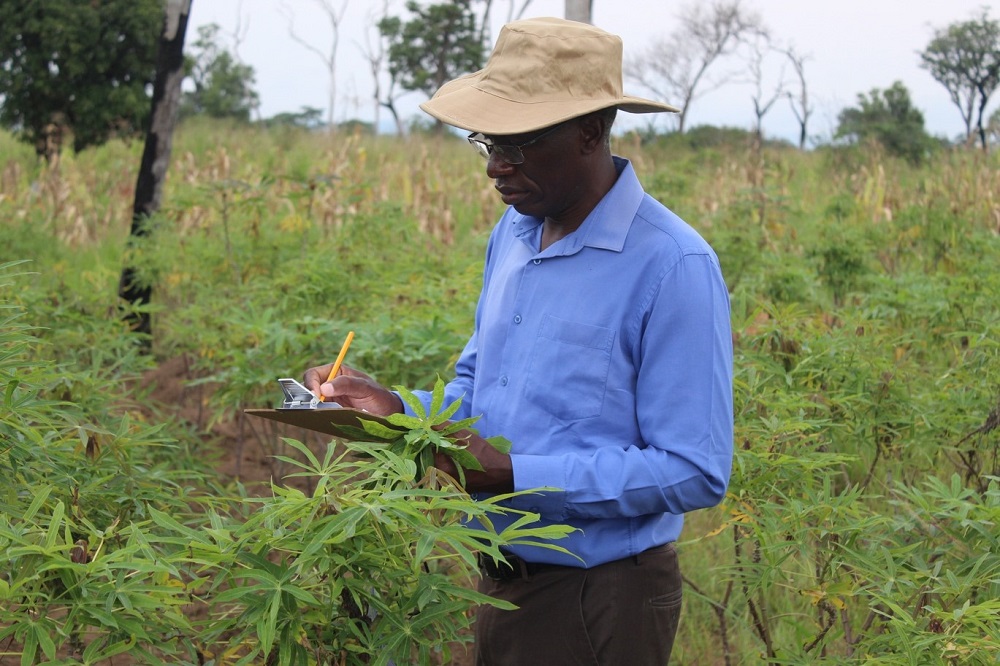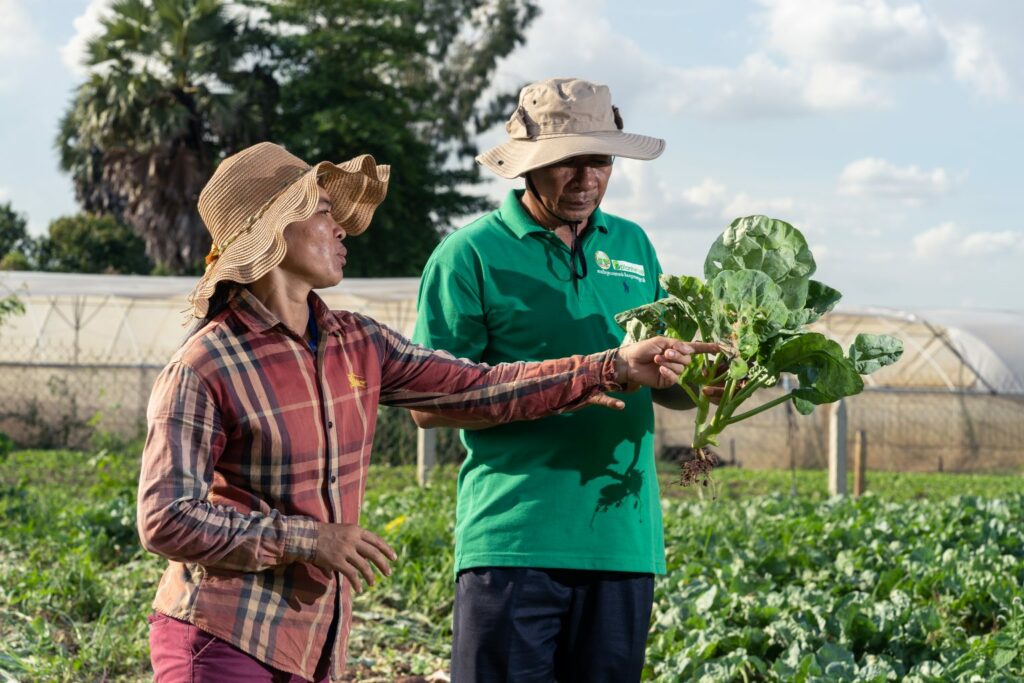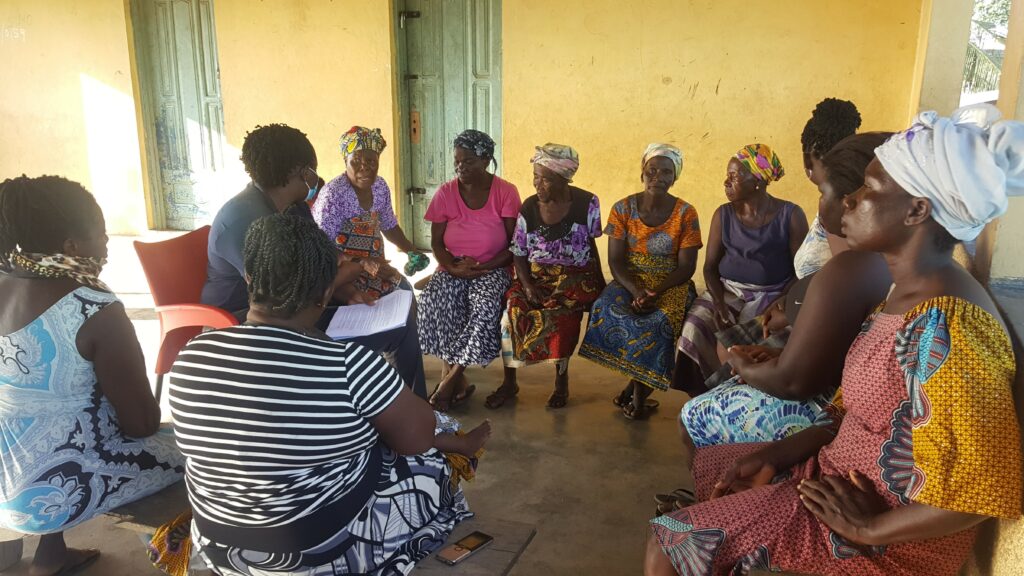Why multi-channel agricultural extension works for fighting crop pests
Addressing fall armyworm in Eastern Rwanda We might often have a sense that if taking one course of action works, then doing more of it should amplify that work. It turns out this really is the case regarding agricultural extension. A PlantwisePlus-funded study has discovered the benefits of ‘multi-channel agricultural extension’. The research focused on…
The life cycle of the African armyworm
The life cycle of the African armyworm (Spodoptera exempta) makes it an extremely destructive pest. It grows and reproduces quickly with just ten days between hatching and pupation.
Sanitary and Phytosanitary measures: Challenges and opportunities in Asia and the Pacific region
Global agricultural exports have more than tripled in value and doubled in volume since 1995, exceeding US $1.8 trillion in 2018. Plant and plant-based products contribute more than 50% to the total trade. International trade in fruits and vegetables stands at 24% followed by 15% cereals; and 10% comprising coffee, tea, cocoa & spices.
4 mango disorders that can affect yields
Having been cultivated for centuries, mango is an important crop throughout tropical regions globally. A wide range of fresh mango cultivars are now consumed worldwide and are available all year round, making it a valuable commodity. In 2020, the global export of mangoes, guavas and mangosteens rose to approximately 2.2 million tonnes.
5 ways that youth agricultural training benefits young people in Uganda
Youth agricultural training is bringing hope to young people in Uganda. Here, youth unemployment is a significant crisis. Around 70% of unemployed people are youths. There are ample job opportunities in the agriculture sector. However, many youths lack the skills they need to secure careers in farming.
Update: New Pest & Disease Records (5 August 2022)
We’ve selected a few of the latest new geographic, host and species records for plant pests and diseases from CAB Abstracts. Records this month include the first report of Pestalotiopsis biciliata causing dieback on Quercus coccifera and Pistacia lentiscus in Tunisia and the first report of Sida leaf curl virus and associated betasatellite from tobacco.
Better Cotton Initiative: biocontrol training in India
India is the world’s largest producer of cotton. It is one of the country’s major cash crops with nearly 6 million farmers making a living from growing cotton. The Better Cotton Initiative helps make cotton farming a more climate-resilient, environmentally friendly and responsible business. Working with smallholders, farm workers and communities, the Better Cotton Initiative…
Assessing gender and rural advisory services in Ghana
In Ghana, as in many other developing countries, women face challenges in accessing extension advisory services. Most services are geared to the needs of male farmers. On top of other challenges faced by women farmers, this lack of access only extends the gender gap in agricultural productivity in the global South.

